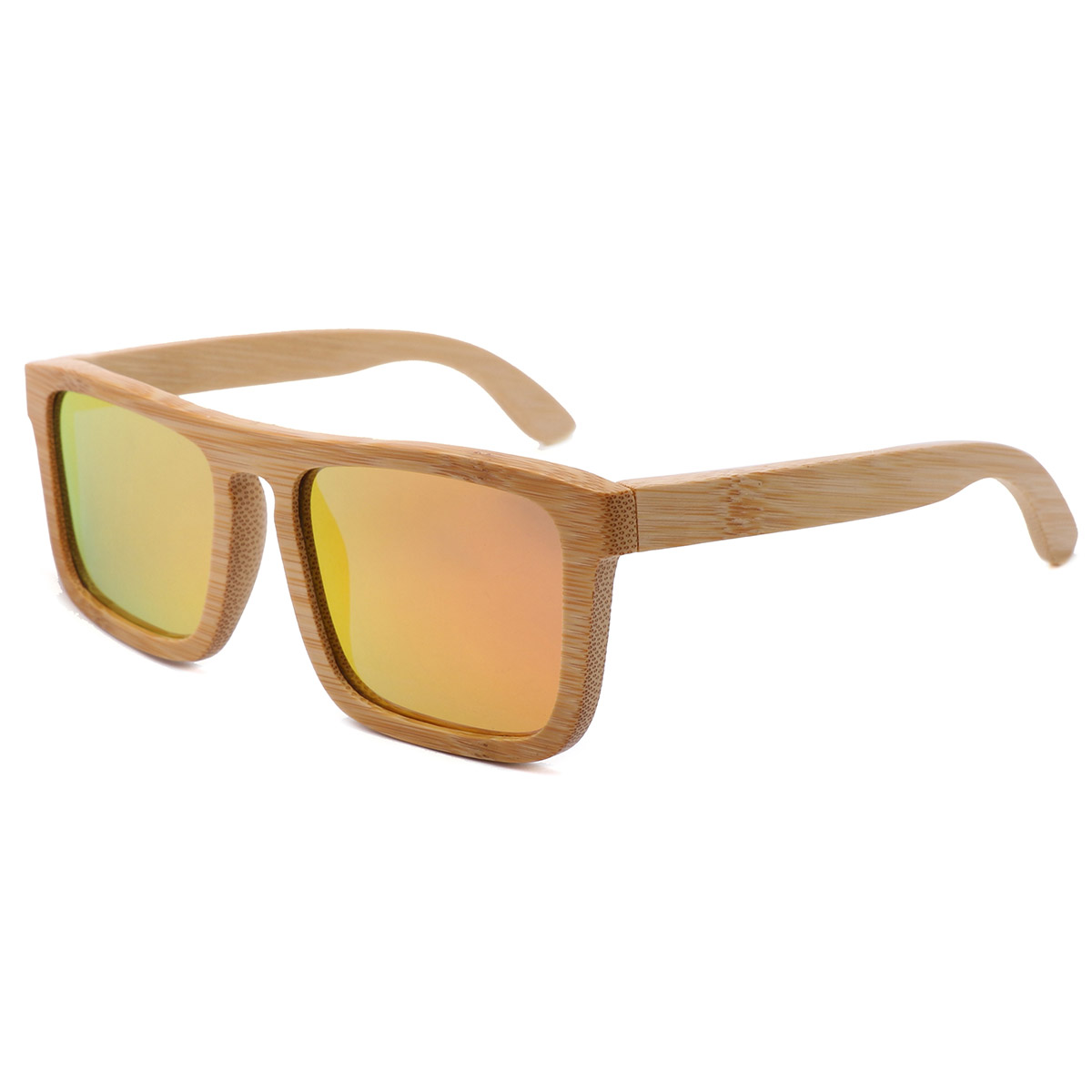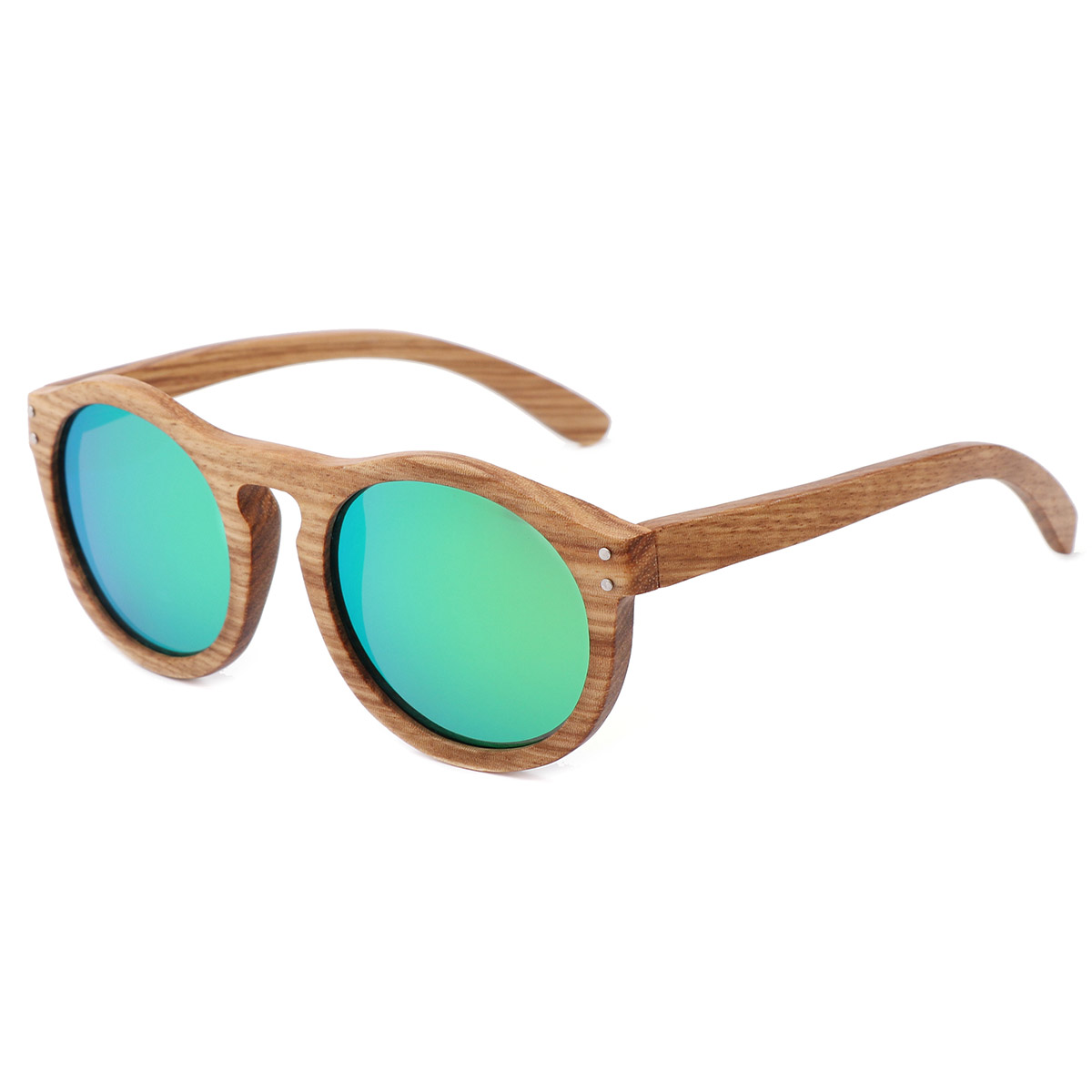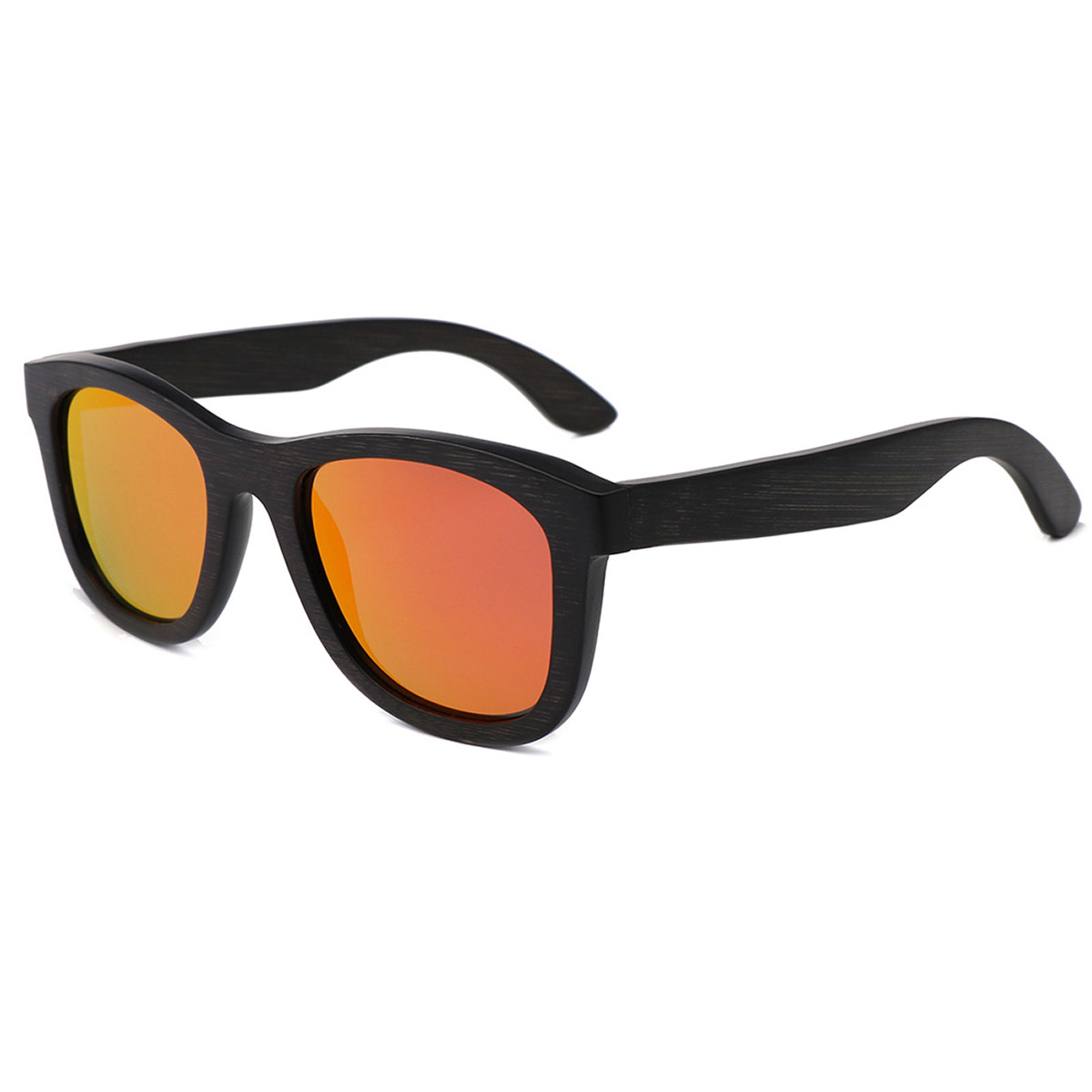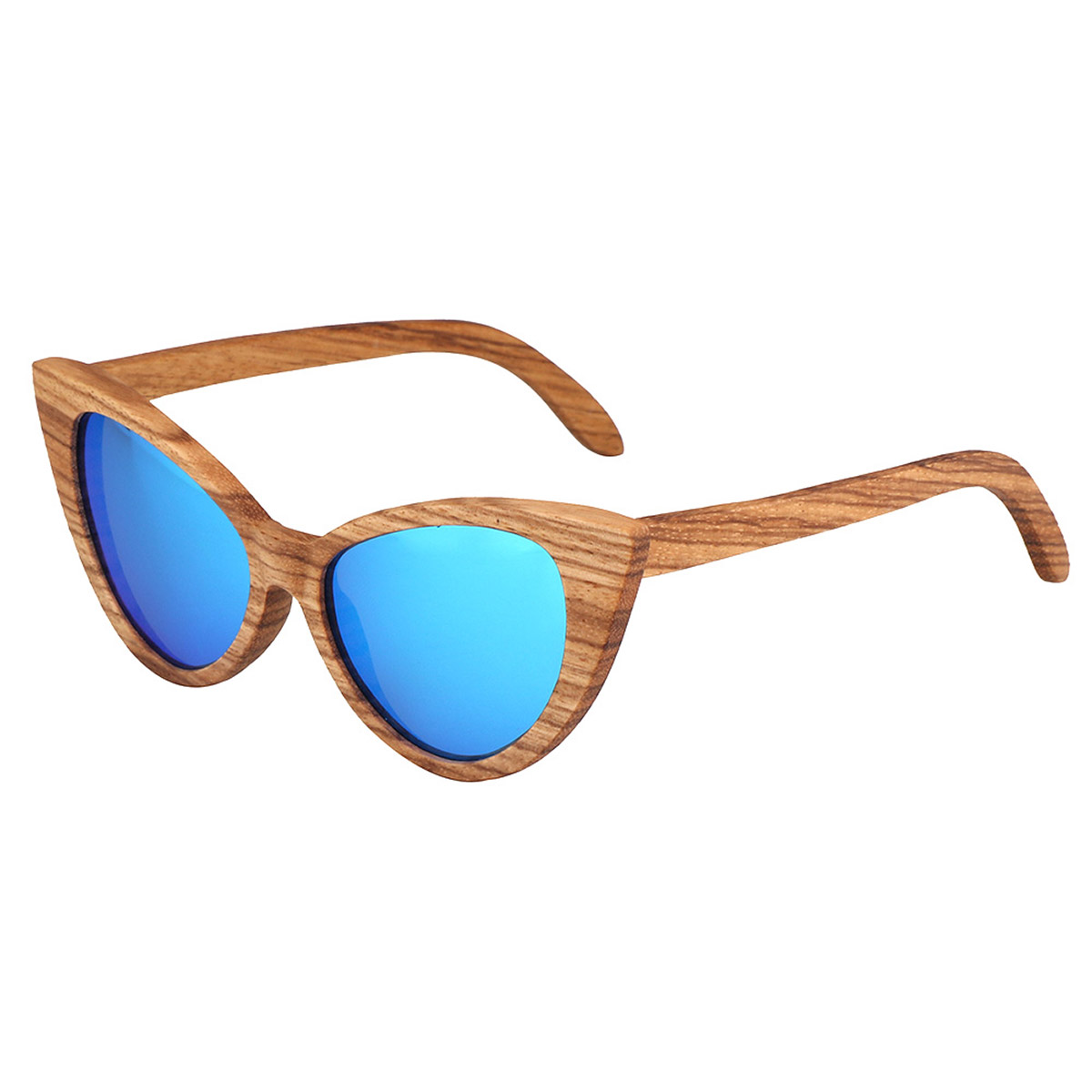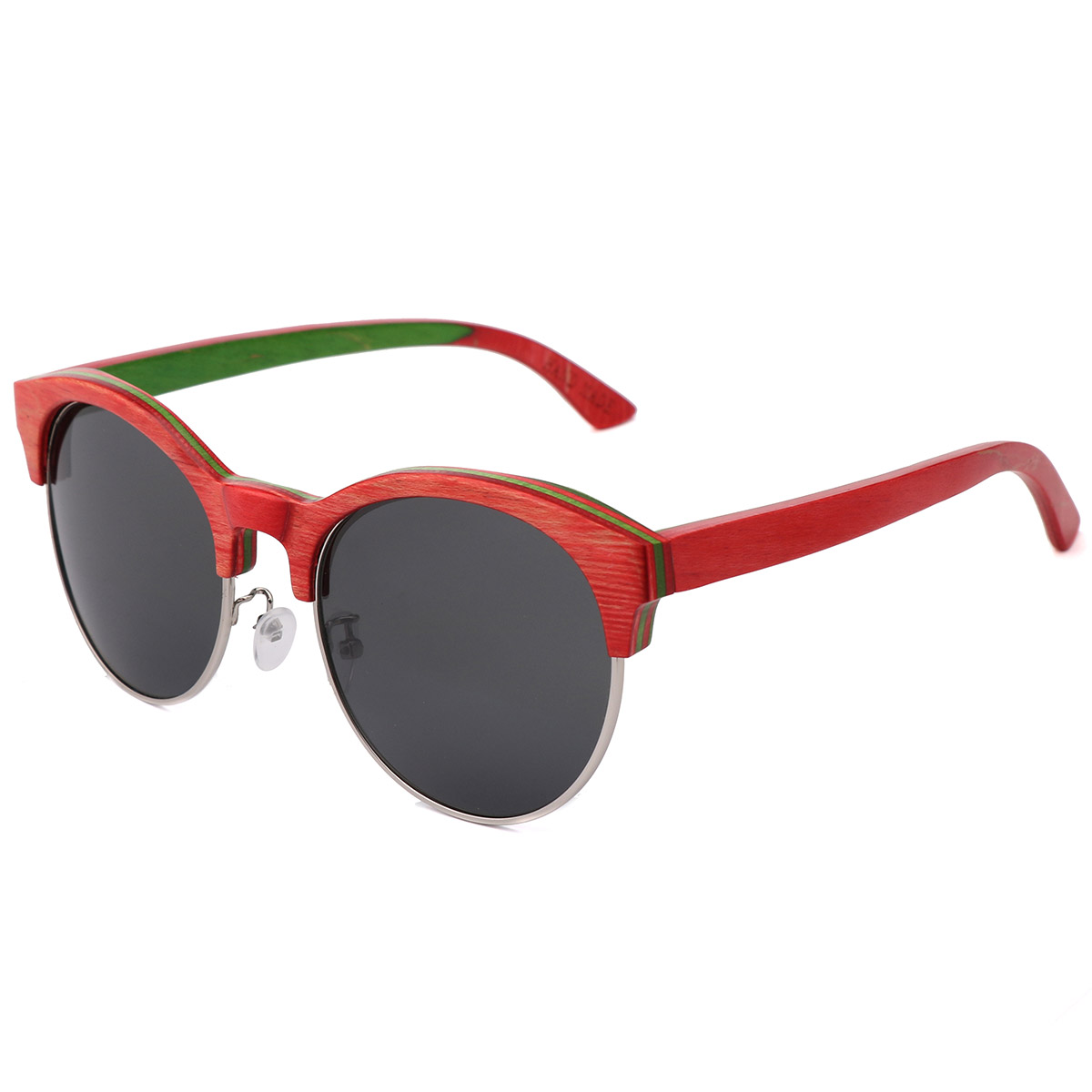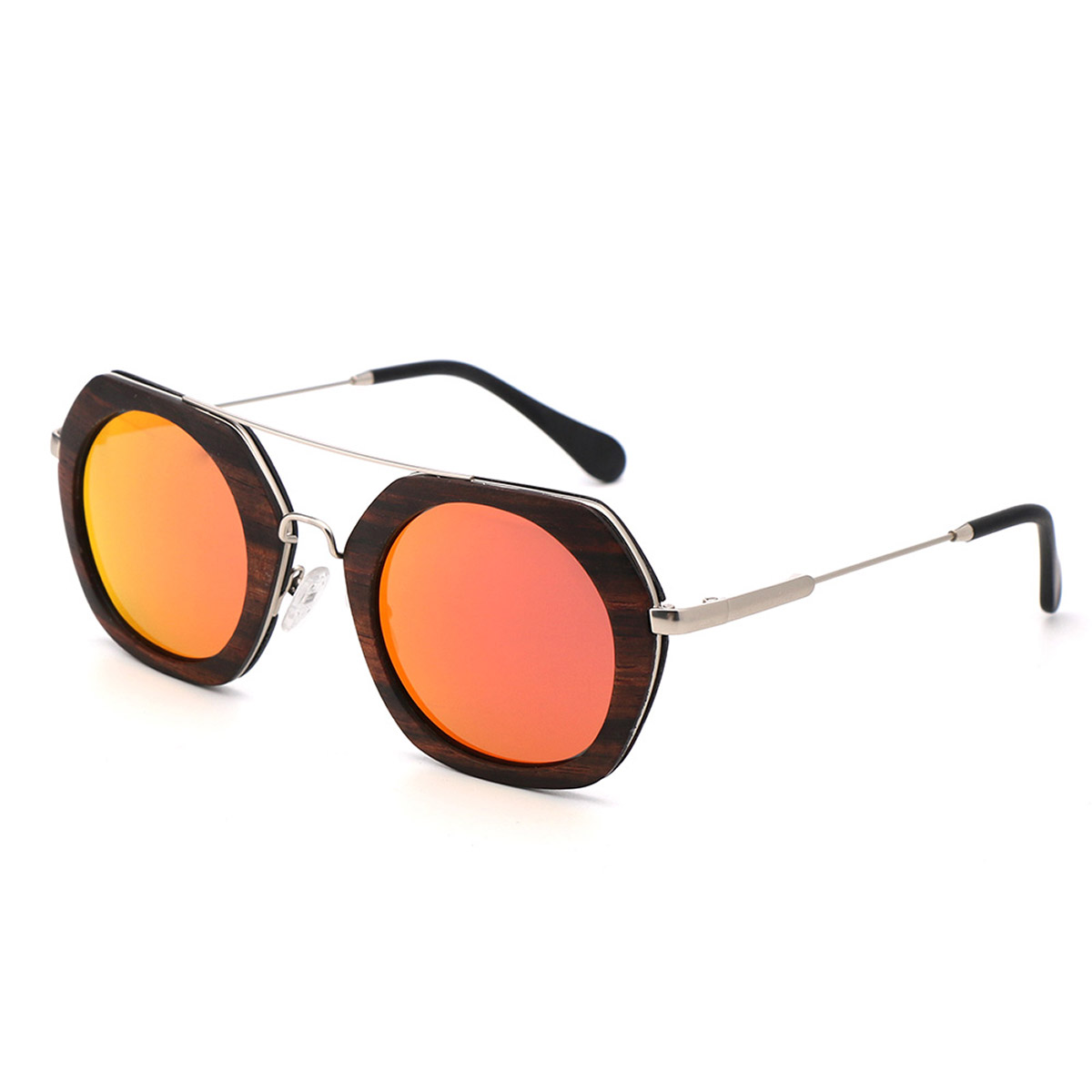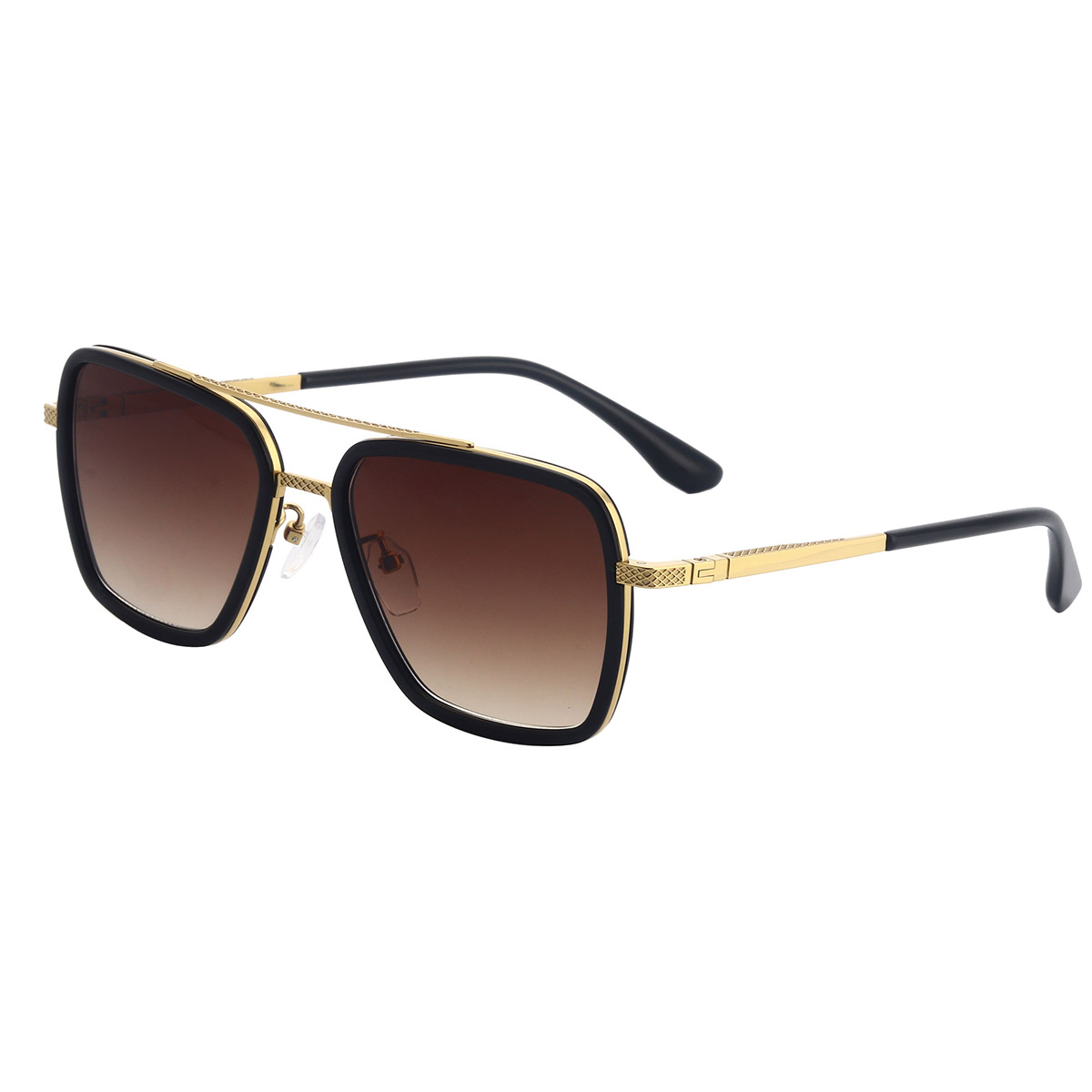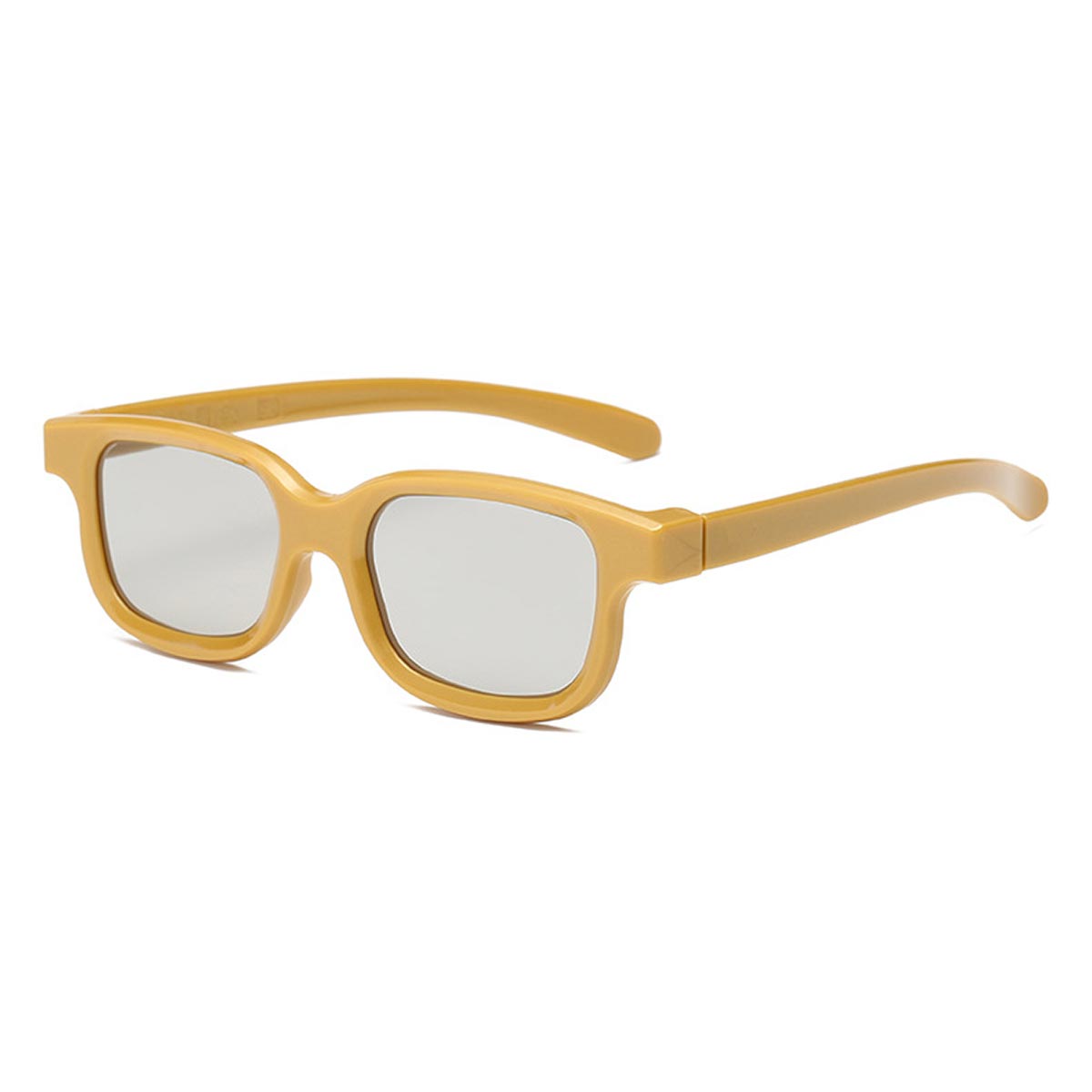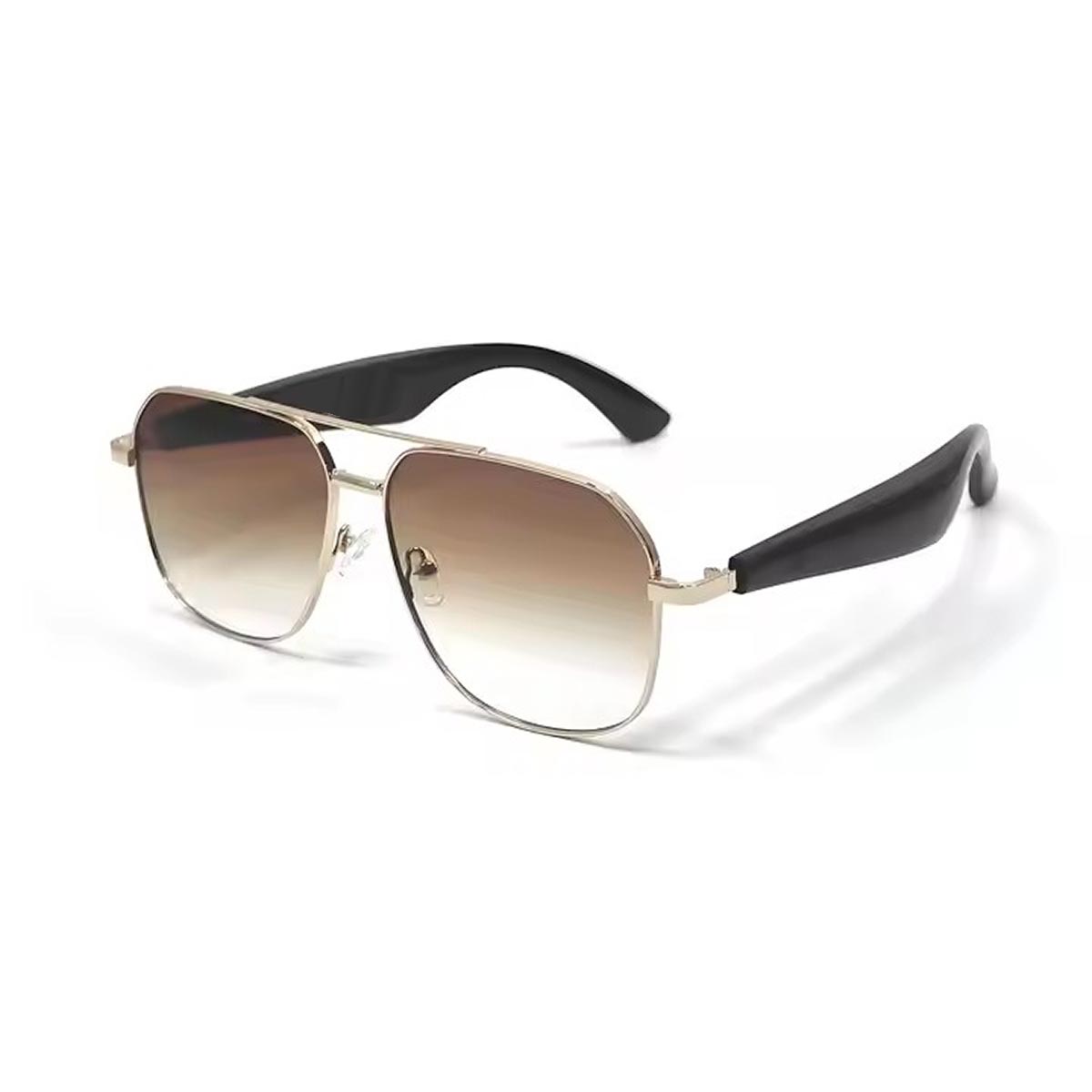Why Choose Bamboo & Wooden Sunglasses Over Plastic Ones?
In an era of increasing environmental consciousness, consumers and manufacturers alike are re-evaluating the materials used in everyday products. The eyewear industry is no exception, with a significant shift towards sustainable alternatives. Among these, sunglasses crafted from bamboo and wood are gaining considerable traction.
Environmental Impact: A Core Consideration
The most frequently cited benefit of bamboo & wooden sunglasses is their reduced environmental footprint. Traditional plastic sunglasses are typically made from acetate or petroleum-based polymers, which are derived from non-renewable resources. Their production is energy-intensive, and at the end of their life cycle, they contribute to the growing problem of plastic pollution, taking hundreds of years to decompose.
In contrast, bamboo is one of the fastest-growing plants on Earth, making it a highly renewable resource. Responsibly sourced wood comes from managed forests, ensuring sustainability. Both materials are biodegradable under the right conditions, meaning they will break down naturally and return to the earth, unlike plastic, which persists as microplastics.
Durability and Material Integrity
A common misconception is that natural materials are less durable than synthetic ones. However, high-quality bamboo and wooden sunglasses, when manufactured with expertise, offer exceptional strength and longevity. Bamboo, in particular, has a tensile strength comparable to that of steel, making frames surprisingly resilient. These materials are also less prone to the cracking and brittleness that can affect low-grade plastics over time, especially when exposed to UV radiation and temperature fluctuations.
Technical Manufacturing and Innovation
The production of high-performance eyewear from natural materials requires advanced technical capabilities. Companies like Zhejiang Qiliang Optical Technology Co., Ltd., established in 2013, leverage their position as a technology-based enterprise to address the unique challenges of working with bamboo and wood.
Their focus on the research and development of optical polymer materials, polymerization, and modification processes is directly applicable to enhancing the performance of natural material frames. This includes developing specialized techniques for treating, laminating, and sealing the bamboo and wood to ensure stability, moisture resistance, and flexibility. With a significant R&D team comprising 20% of its 300-strong workforce and extensive manufacturing facilities, such a company can apply precision engineering to create Bamboo & Wooden Sunglasses that are not only aesthetically pleasing but also meet rigorous quality and durability standards for global markets.
Hypoallergenic and Comfort Properties
For consumers with sensitive skin, Bamboo & Wooden Sunglasses present a hypoallergenic alternative. They are naturally free from the synthetic chemicals and nickel-based components sometimes found in plastic or metal frames, which can cause skin irritations. Furthermore, wood and bamboo are excellent thermal insulators. They feel warm to the touch in cold weather and cool in hot weather, providing a comfortable wearing experience that plastic cannot replicate.
Aesthetic Uniqueness
Each pair of Bamboo & Wooden Sunglasses is unique. The natural grain, color variations, and texture of the wood or bamboo ensure that no two frames are exactly alike. This offers a level of individuality and artisanal character that mass-produced plastic sunglasses cannot match. They serve as a distinctive fashion statement that reflects a preference for natural, organic aesthetics.
Choosing between plastic and bamboo or wooden sunglasses ultimately depends on a consumer's priorities. For those seeking a product with a lower environmental impact, inherent uniqueness, natural comfort, and proven durability backed by advanced manufacturing, Bamboo & Wooden Sunglasses represent a compelling and responsible option in the modern eyewear landscape.

 Search
Search EN
EN English
English Deutsch
Deutsch Français
Français Español
Español italiano
italiano cn
cn jp
jp kr
kr








